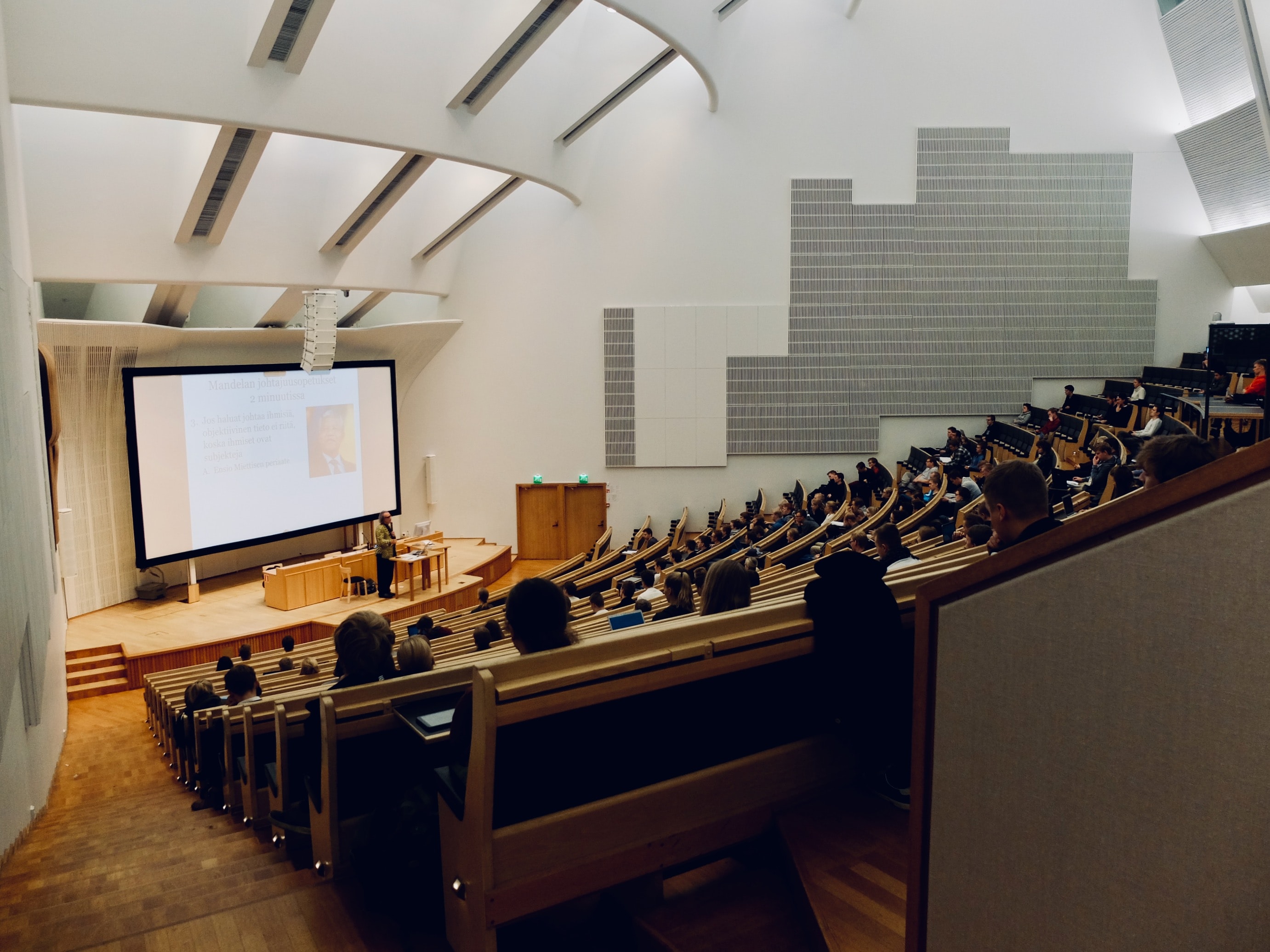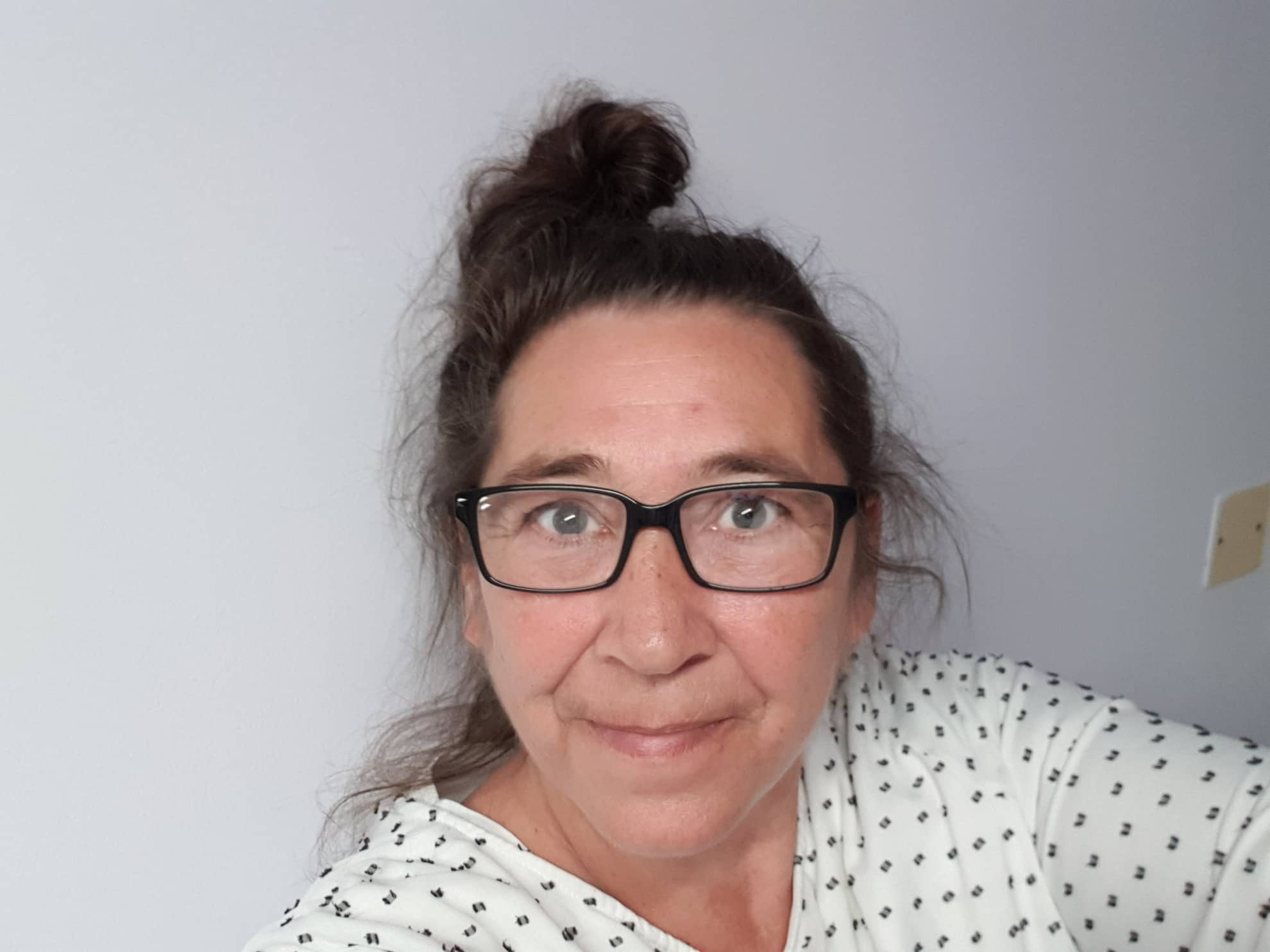Inclusive and Accessible Learning and Working in a Post Covid World
 What are the expectations of disabled students post Covid and how can we meet and exceed them? How have your disabled staff fared during the pandemic and how would they like to be able to work in the future?
What are the expectations of disabled students post Covid and how can we meet and exceed them? How have your disabled staff fared during the pandemic and how would they like to be able to work in the future?
On Tuesday 19th July 2022, AbilityNet and the University of Greenwich discussed how to create inclusive and accessible learning and working environments moving forward from the Covid-19 pandemic.
Covid-19 has changed the way universities and public sector organisations work, and accessibility and inclusion of all staff is increasingly becoming a high-level topic.
The webinar covered:
- How Covid-19 has impacted the experience and expectations of disabled students and staff in Higher Education settings.
- A playback of the findings from the recent Disabled Students UK report “Going back is not a choice” which surveyed disabled students from 69 institutions.
- Discussion around student and staff experiences and some of the initiatives and approaches that can help increase accessibility and inclusion.
- An interactic Q&A session where attendees posed questions to the panelists.
The slide deck and transcript are also available at the bottom of this page. The Q&A will be available on this page soon.
Meet the panellists:
The webinar included a great line up of speakers.
University of Greenwich
 Dr Melanie Thorley has worked within the disability sector of further and higher education since 1998. She regards herself as fortunate to have been taught by Professor Mike Oliver during her sociology undergraduate degree. Melanie also holds a MA in SEND, a MSc in Education Research methods and a doctorate in supporting D/deaf university students. Melanie was appointed to lead the STAART (formerly *AccessAbility) initiative in 2007 providing information, advice and guidance for prospective and current disabled university students. Melanie has disseminated STAART at numerous conferences across the UK, and has also provided staff training in Egypt and Trinidad.
Dr Melanie Thorley has worked within the disability sector of further and higher education since 1998. She regards herself as fortunate to have been taught by Professor Mike Oliver during her sociology undergraduate degree. Melanie also holds a MA in SEND, a MSc in Education Research methods and a doctorate in supporting D/deaf university students. Melanie was appointed to lead the STAART (formerly *AccessAbility) initiative in 2007 providing information, advice and guidance for prospective and current disabled university students. Melanie has disseminated STAART at numerous conferences across the UK, and has also provided staff training in Egypt and Trinidad.
AbilityNet
 Amy Low, Service Delivery Director at AbilityNet, leads the workplace, education and free services teams. Having spent 15 years working in a variety of leadership and transformation roles within serviced property and IT services, Amy joined AbilityNet in 2016, drawn by the opportunity to leverage technology to remove barriers to participation for disabled people and create a better digital experience for everyone. She works with a wide range of institutions and organisations providing services and support to ensure their digital practices are meeting the needs of the widest audience.
Amy Low, Service Delivery Director at AbilityNet, leads the workplace, education and free services teams. Having spent 15 years working in a variety of leadership and transformation roles within serviced property and IT services, Amy joined AbilityNet in 2016, drawn by the opportunity to leverage technology to remove barriers to participation for disabled people and create a better digital experience for everyone. She works with a wide range of institutions and organisations providing services and support to ensure their digital practices are meeting the needs of the widest audience.
Webinar FAQs
The slide deck, transcript and recording is now available on this page.
Find out more in our webinars FAQs and sign up for our next free webinar in our AbilityNet Live webinar series.
You can find an archive of our webinars on our website and we also offer paid role-based accessibility training.
Q&As
This webinar lasted 60 minutes and included an opportunity to pose questions to the guests. The panel were able to answer many questions from attendees during the live session, which you can find by watching the webinar playback or accessing the transcript. Here are some additional questions we weren't able to answer at the time:
Q: How do we balance the pressure by HEPs for student facing staff to be on site full-time with supporting disabled staff? I work in a disability service and believe my lived experience of having a disability means I am best placed to support disabled students. But as I am in a student facing role there is pressure to be on campus full-time 5 days a week.
Melanie from University of Greenwich: There is no easy answer to this. As I mentioned in the disabled staff section, it is very difficult for front facing staff. However, as a disabled staff member working with disabled students, you can justify working from home maybe two days a week. Many disabled students are requesting to see their support staff remotely, and you will be responding to their request. All of my colleagues within the wellbeing team (disability & dyslexia; mental health and counselling) are continuing to work to a hybrid model.
Q: What are the "gold standard" baseline practices and provisions?
Melanie from University of Greenwich: As far as I know, there are no standards post March 2020. There have been three reports published this year on best practice for supporting disabled students (Disabled Students’ UK, DSF and UCAS) but I am not aware of anything specifically for staff as yet.
Q: Did staff feel like they were monitored even more intensely when working from home? With activity software such as Skype or Teams, or other more intrusive applications?
Melanie from University of Greenwich: I am only aware of a handful who felt like this. There are always going to be a number of staff who skive, but they are the ones who would skive when they are on campus. Almost all of my colleagues did MORE work working from home – difficult to differentiate between work/home space/ laptops and monitors visible at all times, etc. There will always be micro-managers and/or those who are not adept at managing people but I do not think disabled staff would be more targeted than any other cohort of university staff.
Q: Would be very interested in hearing how other HEIs have managed to incorporate covid policies into the post covid landscape. My particular HE s actually going backwards and suggesting most courses are delivered in person, no online teaching/participation -etc. It feels like a massively missed opportunity and seems out of step with others.
Melanie from University of Greenwich: This will continue to be autonomous decision until a policy/mandated recommendations are published nationally. The benefits to hybrid working outweigh the (often inaccurate) perceptions of hybrid working. Also, as I have a swathe of disabled colleagues across the UK and I appreciate that I am very lucky to work at the University of Greenwich where disabled staff and students are (mostly) nurtured and appreciated. I cannot say the same for our institution and I am aware of a number of disabled colleagues who have had a horrid time in the last 2 years. My recommendation is for disabled staff to join their staff disability network/community. Support from colleagues who may have a similar lived experience can be reassuring.
Q: Did Charlie have access to AT software when not on site?
Charlie, History of Art graduate: Yes, in fact all of my AT software was off-site. Due partly to my university's size and their overall focus on old-school academia, the facilities for learning difficulties were still in the very early stages of being implemented whilst I was there. So my support came mostly in the form of my laptop with assistive technology and my meetings with a study skills tutor and mentor who were from Clear Links and not affiliated with my university.
Q: Really interested to hear why Charlie considers everyone is incentivised to go on mute?
Charlie, History of Art graduate: It's quite a weird phenomenon actually now that I think about it, but a lot of my seminars had very little teacher-student flow and consisted mostly of the seminar leader 'leading' in every way. I think this was due to a combination of factors; procrastination on mute, anxiety about contributions being recorded or zoom hiccups, or wanting to minimise background interference. I'm not sure to what extent all of these factors contributed to my online learning experience, but I can tell you that I hugely appreciated the shift back toward in person teaching, in terms of building confidence and relationships with other people.
Useful resources
- Read more about the Spoon Theory
- Learn more about how STAART can support students
- Find out more or join the National Association of Disabled Staff Network
- Speak to one of our experts about workplace assessments and identifying reasonable adjustments
- Find out how your organisation stands on disability inclusion with our GAP analysis service
- Learn more about AbilityNet Digital Accessibility in Higher and Further Education
- Keep up to date with accessibility and inclusion news with the AbilityNet newsletter
Get 10 training courses for the price of 8
If you are looking to book individual courses, get 10% off any upcoming 2022 AbilityNet online training course booked this month, using the discount code AbilityNetTraining10.
Upcoming Webinars
-
11 Jul 2024 - 13:00
-
10 Jul 2024 - 13:00
-
4 Jul 2024 - 13:00
-
6 Jun 2024 - 13:00
-
5 Jun 2024 - 13:00


